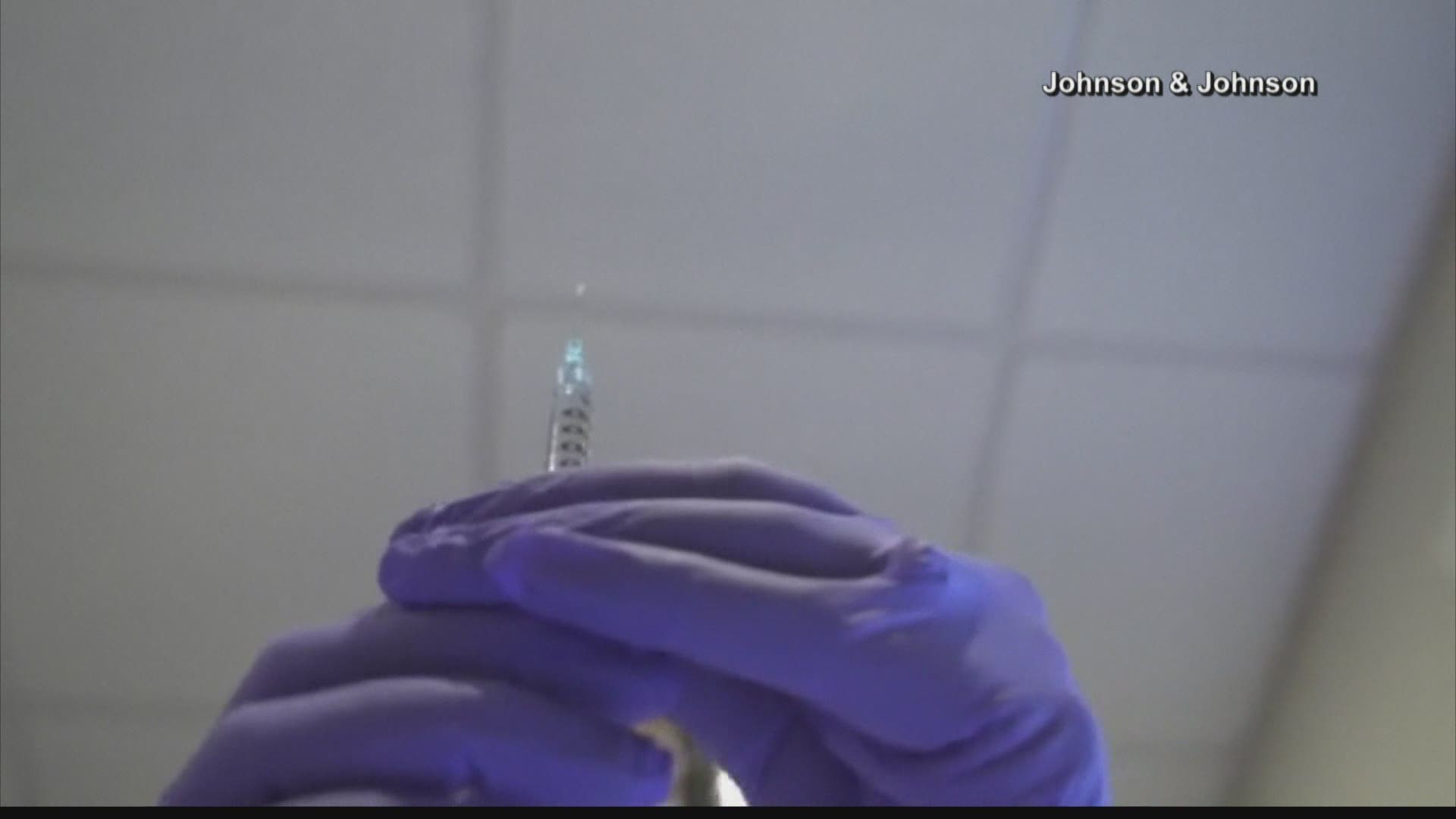INDIANAPOLIS — There are currently two coronavirus vaccines being distributed in this country, products from Moderna and Pfizer. There's currently one in the works from Johnson and Johnson. All are aimed at fighting the spread of a virus that continues to change.
"That's what viruses do, right,” said Professor Thomas Duszynski, director of epidemiology education at Fairbanks School of Health at IUPUI. “They mutate, so every time a person becomes infected, there's an opportunity for a mutation to occur, and that's what we're seeing. Moderna and Pfizer both have been looking at data and they haven't found any reason to believe that their vaccines won't work against these strains. Same with Johnson and Johnson.”
Duszynski says more data needs to be collected in the U.S. to see how effective the vaccines are against the new strains. In the meantime, he says, it's important to keep wearing your mask, wash your hands, practice social distancing and get the vaccine when you can.
"It's really important that we don't let our guard down right now and that we keep doing all those things,” Duszynski said.
In part, he says, because the variants from the UK and South Africa are proving to be not necessarily more deadly, but more infectious, and that could cause cases to surge again. It's why, Duszynski says, it's important to get as many people vaccinated as soon as possible.
"If we can keep the virus from transmitting, we're going to start to see lower and lower case numbers, to the point where we could put this pandemic to rest,” he said.
Part of that effort includes figuring out if people with the vaccine can still carry and spread the virus to others. We're turning to other countries for answers, like Israel, where 30 percent of the population is already vaccinated.
"They haven't seen any transmission among those that are vaccinated,” said Duszynski. “That's really good news. They've also started to see a decline in cases."

